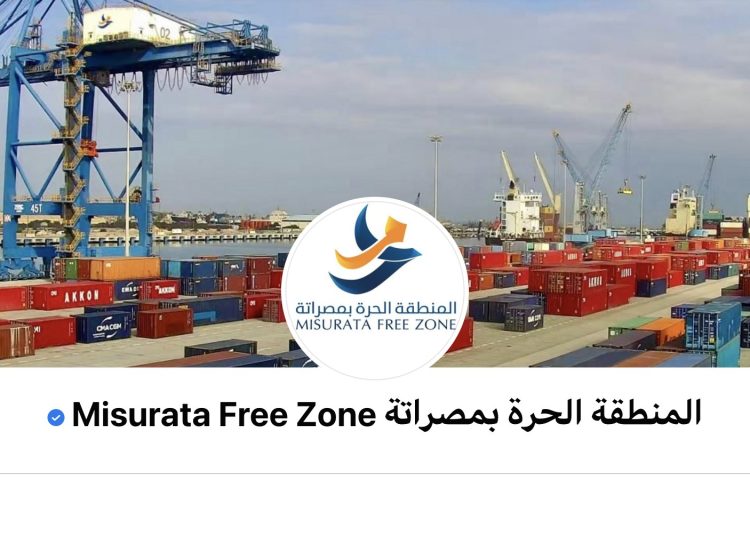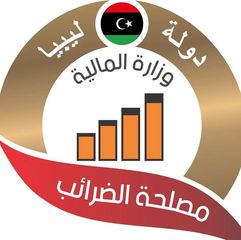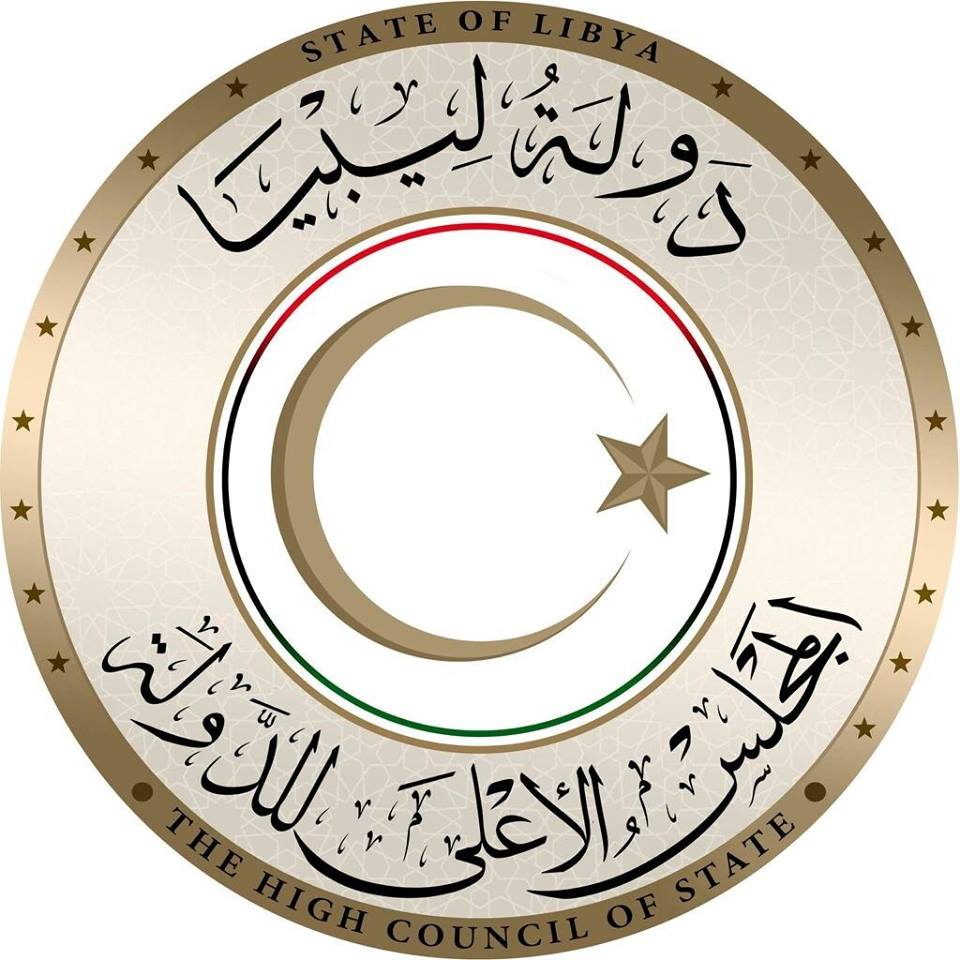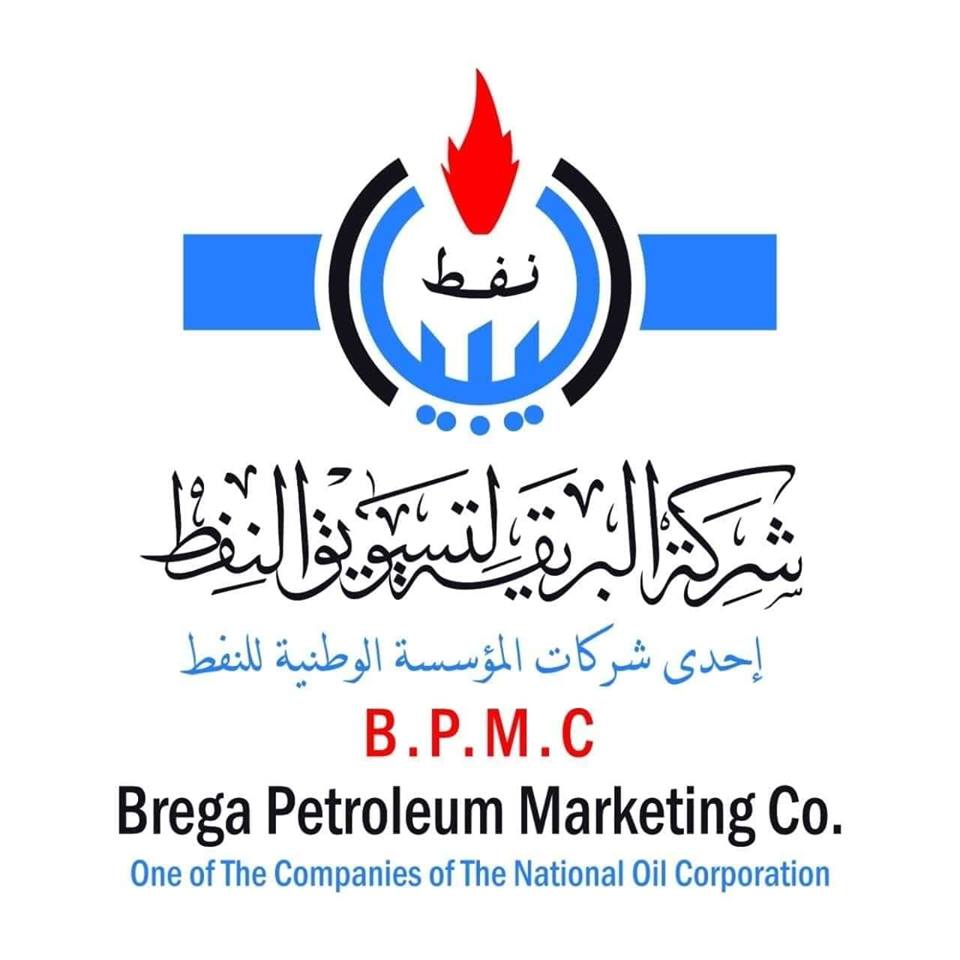The Spokesperson for the Misrata Free Zone (MFZ), Alaeddin Baba, confirmed to Libya Herald the continuation of the implementation of the strategic plan aimed at the transition towards a fully electronic administration that constitutes all the administrative and technical procedures followed in all fields and operations carried out by the free zone during normal daily business.
In this regard, Baba indicated the continuation of the implementation of workshops and training sessions for electronic management applications, in parallel with the start of actual work on these applications and preparation for the initial receiving stage.
Phase one
Recalling that the electronic management project in the free zone in will be in two phases. The first phase includes the digital transformation of all administrative, financial and technical procedures in addition to mechanisms for dealing with investors and following up on registration and investment requests electronically, as well as providing investment services.
Phase two
The second phase includes the process of digitizing all procedures, services and port operations, whether in terms of handling and storage, in addition to marine operations, coordinating the movement of machinery and production teams before the arrival of the ship, in order to ensure speedy completion and identify the resources required for each movement in the port.
Baba noted that the free zone administration provided all the technical equipment required to complete the digital transformation project with the implementation of an integrated infrastructure that includes an advanced data hosting centre, high-speed internet and alternative energy sources, with the adoption of an integrated project for solar energy to provide electricity permanently and the application of environmental protection standards.
MFZ ready to be the first investment centre in Libya
Baba highlighted the readiness of the free zone to be the first centre for investment inside Libya, especially with the opening of the transit trade project supported by the Tripoli government. This includes the implementation of the Misrata-Tamanhamt Road in the Libyan south and from there towards Niger, Chad and the rest of sub-Saharan Africa, with the provision of integrated logistical services carried out by investors from home and abroad.
Foreign companies invited to visit
Baba, through the Libya Herald, called on foreign companies wishing to see the available capabilities and the facilities granted in accordance with the law to visit the Misrata Free Zone at any time.









